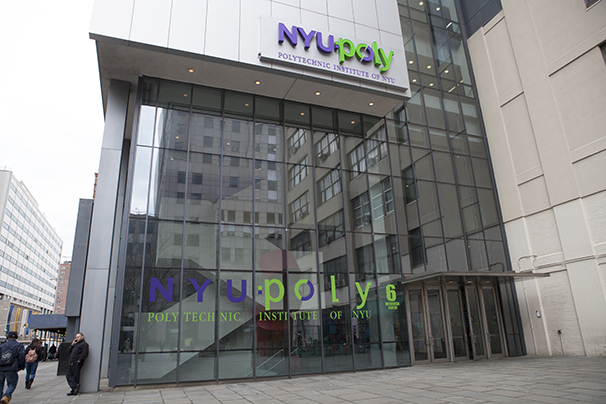
Polytechnic School of Engineering and Scientific American Magazine have teamed up to bring online continuing educational programs designed for mid-career scientists, business people and technical personnel to keep their credentials up-to-date and competitive.
The classes will be presented as “Active Learning Modules” and will run Monday to Friday, but students will have access to the classes 24 hours every day.
Active Learning Modules are high-quality production videos and graphics coupled with interactive elements to enrich the experience and retain flexibility and convenience.
The first of these classes, Cognition and the Aging Brain, is set to start March 17 and will end on March 21. It will be taught by University of Toronto neuropsychology professor Brian Levine.
Although these courses are designed for mid-career professionals, they will still be open to the public, Levine explained.
“I believe scientists have an obligation to translate research findings to the general public,” Levine said. “This program provides a rapid and convenient way for users to get familiar with cutting edge topics.”
Scientific American approached leaders in many scientific fields to teach classes such as Disaster Management, Quantum Mechanics and Information and Sustainable Agriculture: How to Feed the World. Don Lincoln of Fermi National Accelerator Laboratory will teach Mysteries of the Universe from June 16 to 20.
“For my particular program, the benefit will be to be able to talk with a public that is interested in the big questions,” Lincoln said. “Long term, like all of my science popularizations, I hope to not only tell the audience about my own little corner of science, but to let people know that scientific inquiry is an unparalleled way to answer timeless mysteries.”
Johns Hopkins University School of Medicine professor Jonathan Pevsner will teach Bioinformatics: How to Analyze the Human Genome, which will run from April 7 to 11. Pevsner has high hopes for the program’s success.
“I agreed to teach this because it’s a great opportunity to learn — every time I teach a course it’s a huge learning experience,” Pevsner said. “In the longer term this form of learning is likely to be successful because it’s flexible in terms of format and schedule, it’s versatile.”
Robert Ubell, vice dean of Online Learning at Poly, said he was excited for both the program and the partnership.
“We are among two of oldest scientific and technological institutions in America,” Ubell said. “We are deep into the history and proud to now be at the forefront of scientific learning and technology.”
Enrollment is now open for the March 2014 class session.
A version of this article appeared in the Thursday, Feb. 27 print edition. Cassandra Cassillas is a staff writer. Email her at [email protected].










































































































































